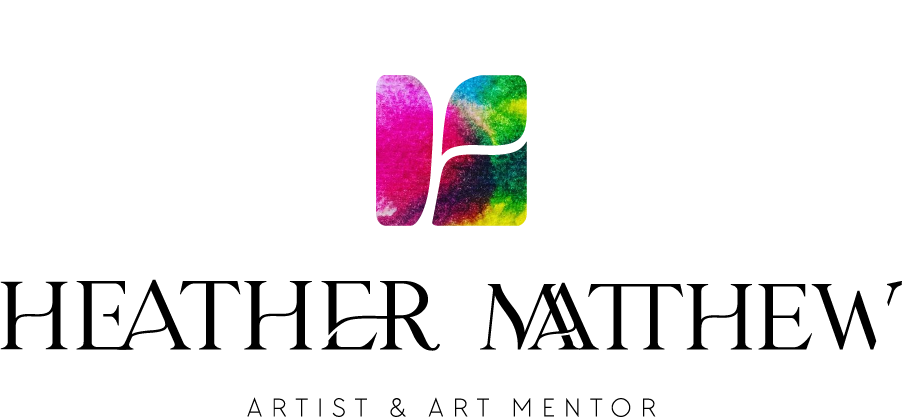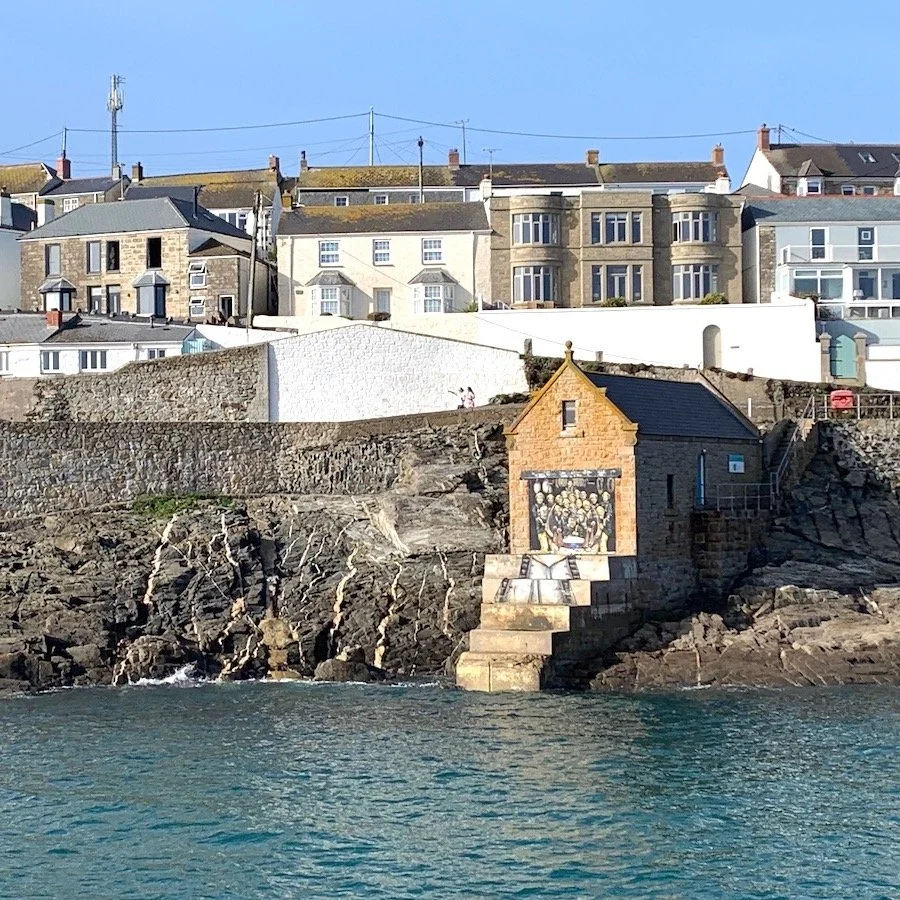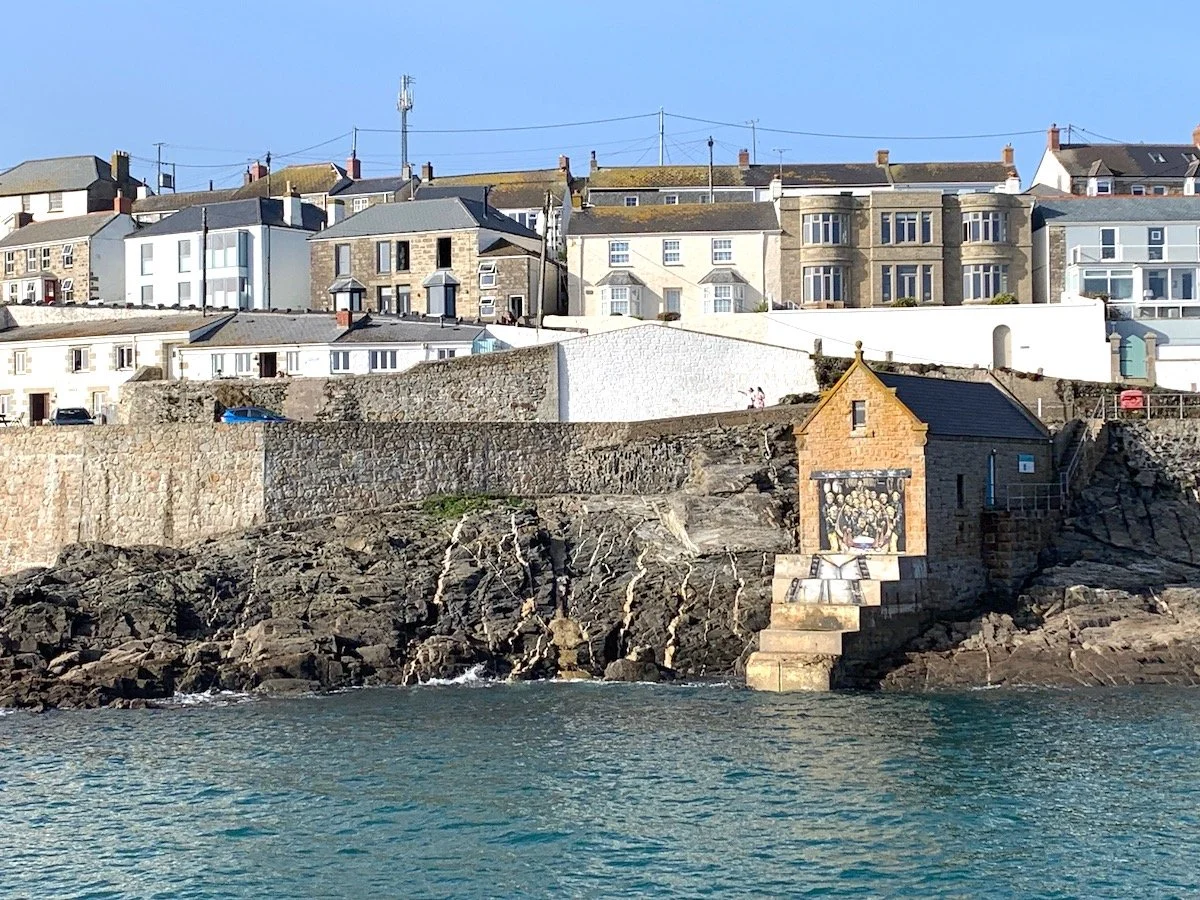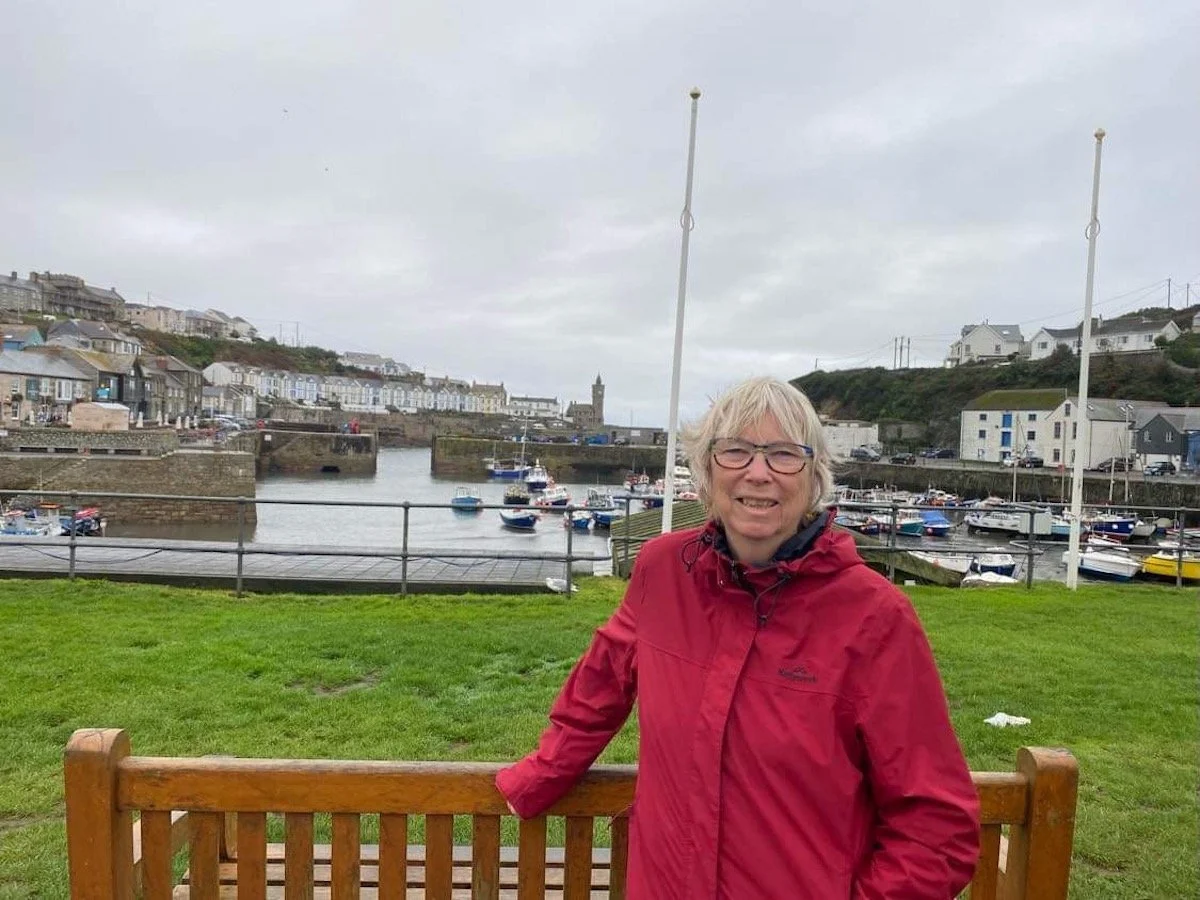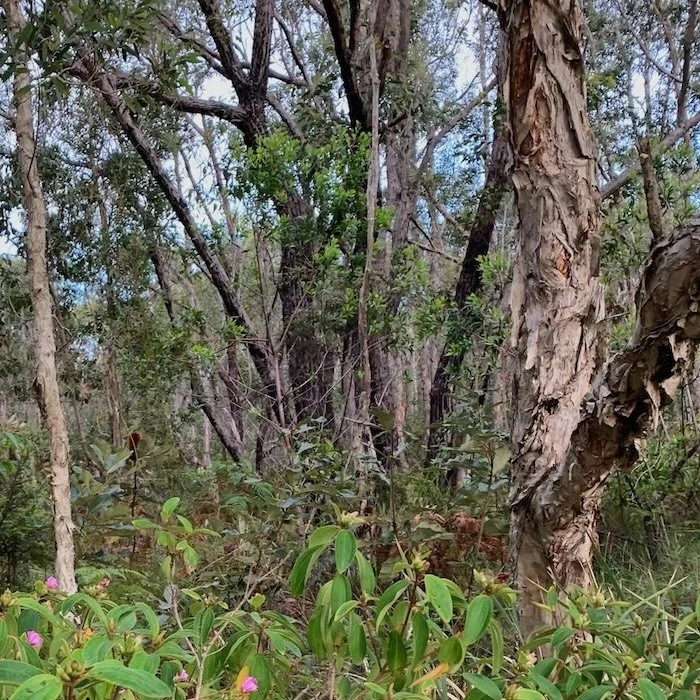Cornish Reflections
Porthleven harbour, last stop in Cornwall
Stumbling on the annual arts festival in Porthleven was a wonderful way to finish my last artist residency in the UK. This little fishing harbour is less than half an hour from Helston where I stayed during my artist residency at CAST, but it felt a million miles away.
Bobbing boats, mermaids and the annual community raft race brought all the locals out under a suprisingly blue and sunny sky. Homemade rafts of all shapes and sizes were trolleyed out to the slipway and launched amid much fanfare. Vikings, mermen and even a caged gorilla raft took part in the race, which was won by a wooden jeep floating on empty water bottles rowed by a group of strong women sporting hairy black beards.
There is something about the sea that brings out people’s joviality. Pirate flags, sailor’s songs and plenty of ale at the harbour were the order of the day as the tourists gathered with the locals to cheer on contestants. It all made for a wonderfully relaxing weekend of fun which gave me time to rest and reflect on my last artist residency.
The theme for this residency was about contested territories. Although this was conducted about an abandoned quarry in Cornwall, it is relevant to so many places where the idea of land and land ownership are in dispute. There are many ways to look at a site, some of these require questioning preconceived ideas that land should be ‘productive’. It’s worth considering that land itself is its own entity. First Nations people all over the world hold the earth as sacred. My project explored the ‘voices’ of the other than human entities I encountered there.
After each of the residencies this year, we have been required to write up our experiences in a 500 word essay. It’s quite a tricky skill to master being succinct while addressing the criteria. What was the project about, what went well, how did you build on and extend your skills, what was your methodology on realising your ideas and were there areas you could have improved on?
In a strange way I’ve enjoyed this reflective process. Each time it has become a little bit easier to reflect and write up my experiences. It helps to be keep a residency journal and write a blog to document my processes.
Each artist has their own creative process. I’ve discovered that my method of collecting and researching information about a place without any preconceived notion of what to create, has allowed the project to unfold organically. The biggest lesson I learnt is that not everything should become the end result. Much of the work created is about processing ideas, the final works exhibited are the distilling of these into a resolution.
Two week artist residencies are very fast and furious. To create work at the end of that time might only serve to point you in a direction for further research or development. Now as I return to Australia I will be thinking about all of these places I have been to and the types of work I enjoyed creating which will give direction to devising my final project to complete my Masters program.
I’m rather glad to be skipping a northern hemisphere winter and returning to my own home studio to develop my major project. I’m interested in seeing how my reflections on these seven months I’ve spent in the UK will influence my thinking about Australia. Perhaps it will be about seeing my own home with new eyes. Let’s see how it all unfolds.
Farewell Cornwall. Bidding farewell to Porthleven as the weather turns autumnal.
